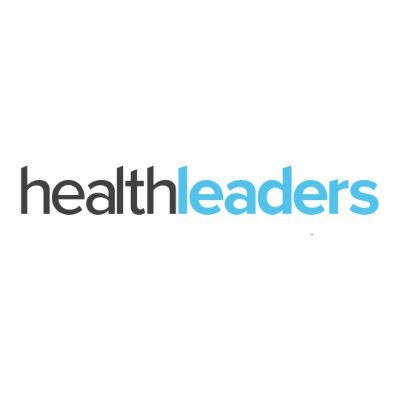Editor's Note Improving first case on-time starts (FCOTS) in an ambulatory surgery center (ASC) can improve overall efficiency. When the first case of the day starts on-time, it leads to a cascading effect that can prevent cancellations, improve patient satisfaction, and reduce stress for perioperative staff. It can also make…
Editor's Note Surgical procedures frequently produce specimens for pathology to confirm diagnosis and ensure quality control. However, common errors such as look-alike sound-alike specimen labeling inaccuracies can compromise patient safety and negatively impact workflow efficiency, as discussed in an October 28 improvement brief in the Joint Commission Journal on Quality…

Editor's Note A Johns Hopkins team is reporting unprecedented success in preventing pancreatic cancer recurrence by combining pre-surgical and intraoperative radiation focused on a key anatomical area near the pancreas, News Medical Life Sciences October 30 reports. Citing a Johns Hopkins Medicine preliminary study, this approach reportedly reduced recurrence around…

Editor's Note Healthcare systems are finding that ambient AI built for doctors does not automatically translate to nursing care, HealthLeaders November 4 reports. However, Mercy for instance is piloting Microsoft’s Dragon Copilot AI for nursing and discovering that the nurse-patient encounter requires tailored design and training to capture accurate, useful…

When it comes to treating chronic pain—or pain associated with surgery—clinicians are always looking for alternatives to opioids. “There are zero advantages to chronic opioid use,” says Earl Kilbride, MD, MHA, an orthopedic surgeon at the Austin Orthopedic Institute. While the US makes up about 4.4% of the global population,…

Editor's Note Unchecked surgical innovation can harm patients, derail careers, and erode trust, Bulletin of the Royal College of Surgeons of England October 31 reports. Failures to properly evaluate and monitor new or modified procedures have led to patient harm, surgeon suspensions, and even criminal convictions, per the article, which…

Editor's Note A newly developed framework could significantly strengthen the planning phase of small-scale surgical quality improvement (QI) projects, which often falter due to inadequate preparation, MedicalXpress October 16 reports. According to a report from the American College of Surgeons (ACS), published in the Journal of the American College of…

Editor's Note What a week it was! The 2025 OR Manager Conference just wrapped up at the Anaheim Convention Center, and perioperative leaders are already talking about what is next. Mark your calendars—the 2026 OR Manager Conference is heading to Savannah, Georgia, at the Savannah Convention Center on October 5–7,…

Editor's Note Burnout does not begin with exhaustion, but with misalignment, said burn and critical care surgeon Neha Amin, DO, FACS, NBC-HWC, founder of Balance and Breakthrough and Renewal Wound Care Centers based outside Atlanta, during her personal and pragmatic keynote. According to Dr Amin, burnout follows a clear trajectory—from…

Editor's Note Rebuilding trust and redefining teamwork between the OR and sterile processing department (SPD) turned a near-failure into a high-functioning system at UCLA Health, according to Ronald Perez, JD, MSN, RN, NEA-BC, CNOR, executive director of perioperative services, and Jasmine Briones, MSN, RN, CNOR, director of perioperative services. What…